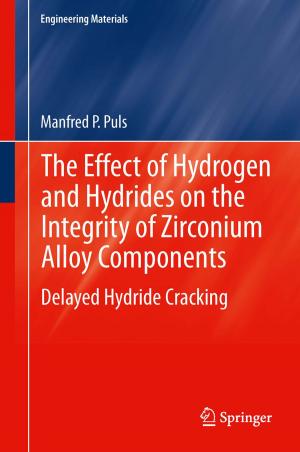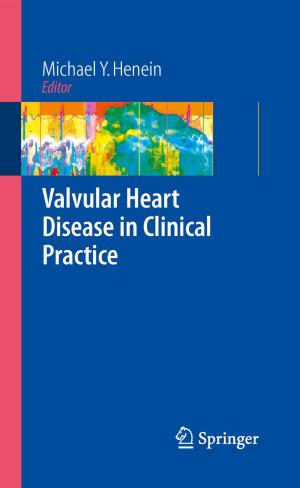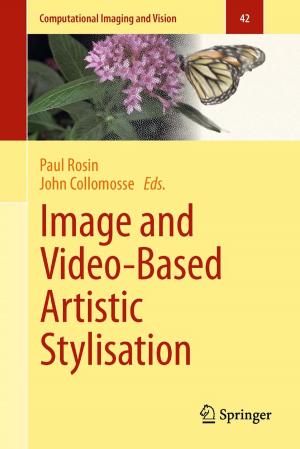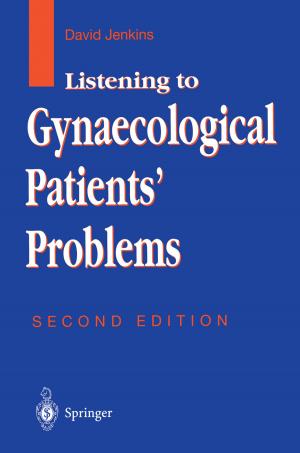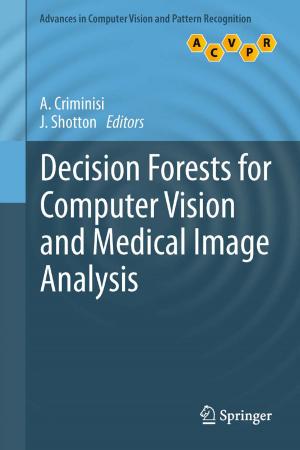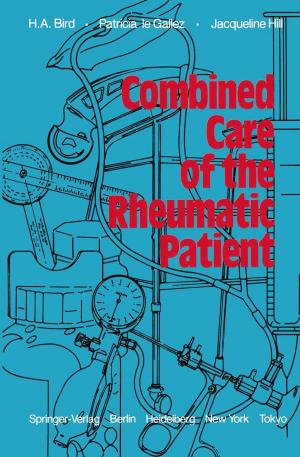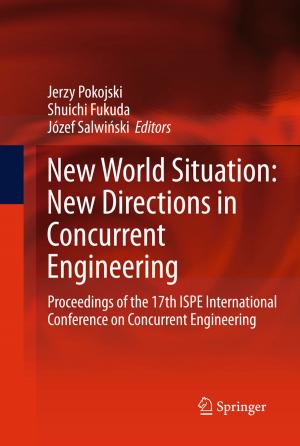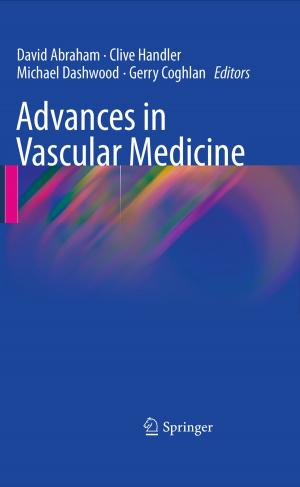Cellular and Molecular Biology of Atherosclerosis
Nonfiction, Science & Nature, Science, Biological Sciences, Biochemistry, Health & Well Being, Medical, Specialties, Internal Medicine, Cardiology| Author: | ISBN: | 9781447119098 | |
| Publisher: | Springer London | Publication: | December 6, 2012 |
| Imprint: | Springer | Language: | English |
| Author: | |
| ISBN: | 9781447119098 |
| Publisher: | Springer London |
| Publication: | December 6, 2012 |
| Imprint: | Springer |
| Language: | English |
Atherosclerotic cardiovascular disease remains the major cause of death and disability in Western society. The field of atherosclerosis research has grown tremendously over the last forty years, shedding a great deal of light on the contributing factors and natural history of the disorder and enabling strategies for its treatment and prevention. Some of the greatest strides in this field in recent years have derived from advances in molecular biology techniques. These strides were chosen for emphasis in the most recent Princess Lilian symposium, whose proceedings this volume represents. Historically, the Princess Lilian meetings have been small ones aimed at bringing together investigators from diverse specialties to discuss a particular subject. The most recent meeting was no exception and included clinicians, clinical investigators, and research ers in basic science. The symposium began with an extensive review of coronary morphopathological findings in patients who died of coronary heart disease. Any rational hypothesis of atherogenesis must take into account clinical findings, and any attempt to bridge the gap between experimental laboratory findings and studies in man is highly desirable. Three chapters focus on endothelial injury: one on the nitric oxide pathway in physiology and pathology, a second on the activation of endothelial cells, and a third on the monocyte and endothelial injury. Still another chapter examines growth factors, in particular the fibroblast growth factor in atherogenesis.
Atherosclerotic cardiovascular disease remains the major cause of death and disability in Western society. The field of atherosclerosis research has grown tremendously over the last forty years, shedding a great deal of light on the contributing factors and natural history of the disorder and enabling strategies for its treatment and prevention. Some of the greatest strides in this field in recent years have derived from advances in molecular biology techniques. These strides were chosen for emphasis in the most recent Princess Lilian symposium, whose proceedings this volume represents. Historically, the Princess Lilian meetings have been small ones aimed at bringing together investigators from diverse specialties to discuss a particular subject. The most recent meeting was no exception and included clinicians, clinical investigators, and research ers in basic science. The symposium began with an extensive review of coronary morphopathological findings in patients who died of coronary heart disease. Any rational hypothesis of atherogenesis must take into account clinical findings, and any attempt to bridge the gap between experimental laboratory findings and studies in man is highly desirable. Three chapters focus on endothelial injury: one on the nitric oxide pathway in physiology and pathology, a second on the activation of endothelial cells, and a third on the monocyte and endothelial injury. Still another chapter examines growth factors, in particular the fibroblast growth factor in atherogenesis.

